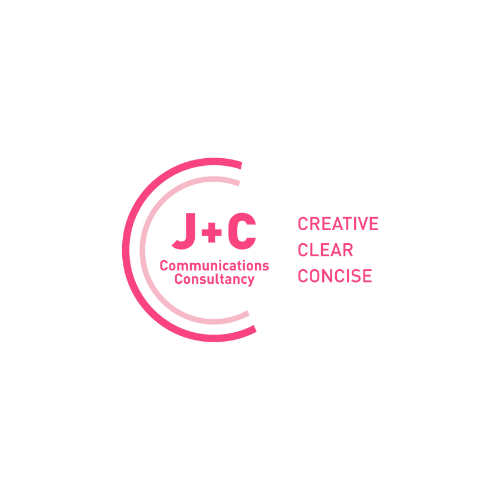Soft Skills Translated into Effective Executive Communication
- Christine Chapman

- Dec 13, 2024
- 2 min read
Updated: Mar 26, 2025
In industries dominated by facts, soft skills have long been considered skills driven by emotions. Soft skills are, in fact, the cornerstone of effective relationship building; which is the key to successful partnerships in the corporate realm. Also named interpersonal skills, the top five soft skills involve effective communication and consist of problem solving, critical thinking, adaptability, and time management, interpersonal relations (Marin-Zapata et al, 2022). Once attributed to fields involving the social sciences (e.g. psychology, human resources, academia, etc.), corporate sectors have now begun to understand the importance of interpersonal interactions toward the achievement of effective communication between and among leadership, executives, employees, and other stakeholders.

Soft Skills Defined
Interpersonal relationships: Consists of the ability to use communication to build relationships and collaborate with others, as well as understanding the importance of all roles within the team framework. This can also encompass empathy, listening, team work, and adaptability.
Problem solving: Consists of having the ability to identify gaps in communication, knowledge, and understanding to determine how to effectively close gaps and mitigate risk.
Adaptability: Involves the ability to be malleable within seemingly concrete situations. This skill creates the avenue to enact many soft (and hard skills) necessary to projects that include several stakeholders.
Critical Thinking: Requires the ability to hear, see, and ascertain what is not explicitly being communicated (i.e. reading between the lines). While this skill appears easy enough, many executives struggle with understanding their teams because of what is not being conveyed.
Time management: This skill involves understanding how to develop systems that allow tasks to be completed within the scope of the task, without the need for constant gentle nudges. Additionally, this knowledge includes understanding that while things should be done in a timely and effective manner, a time-is-of-the-essence situation does not become known to others unless stated as such.
In terms of executive communication, companies have discovered that soft skills/interpersonal skills are the hidden stars of communications solutions, strategy, and visibility as staying current in industry trends. Executive communication through the lens of soft/interpersonal skills is not easily accessible, without the proper approach, planning, and implementation. J+C Communications Consultancy is adept at developing strategic planning for your corporate and executive communication strategy, by consulting you on everything from identifying gaps in executive communication, to offering strategic planning towards improvement. Understanding how to implement effective communication through soft skills would serve to not only improve communication, collaboration, and relationships between your teams, but will also provide your organization with a competitive advantage over companies who continue to follow the antiquated model of hard skills equals profit.
References
Marin-Zapata, S. I., Román-Calderón, J. P., Robledo-Ardila, C., & Jaramillo-Serna, M. A. (2022). Soft skills, do we know what we are talking about?. Review of Managerial Science, 16(4), 969-1000.



